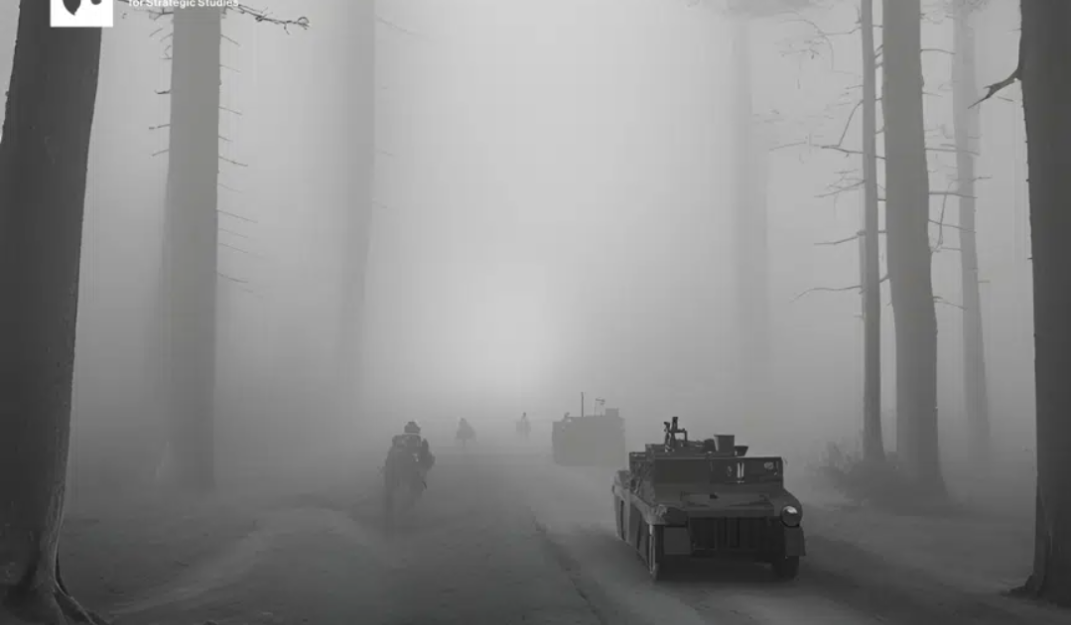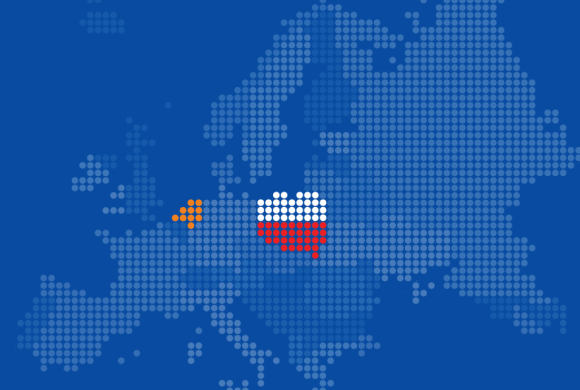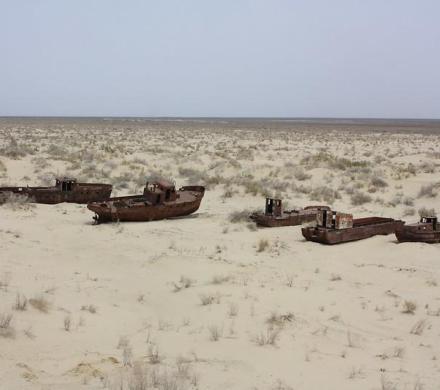In the Shadows of War: The Impact of Russia’s Invasion of Ukraine on Criminal Networks in Eastern Europe

War changes how economies function, both legal and illicit. Organised criminal networks are just as reactive to shifts in the international scene as any other business enterprise. The invasion of Ukraine in February 2022 created a cascade of regional instability leading to the displacement of millions of people, severe market disruptions, and heightened political repression in Russia specifically. All of these factors have created fertile ground for criminal activities to flourish, and illicit markets to expand. This poses the following question that is central in this section – to what extent does armed conflict facilitate these processes?
This report tackles three topics: the connection between organised criminal networks and states and their impact on regional and global stability, the specific regional impact in eastern Europe of the criminal/state nexus, and the impact of the Russian invasion of Ukraine on criminal networks as well as on so-called ‘mafia states’. It shows that there is a meaningful connection between organised crime, kleptocracy, and stability, and that this has had a particularly destabilising impact on eastern Europe.
Pre-existing organised crime networks have quickly adapted to this changing environment by leveraging their fluid organisational structures to exploit new opportunities created by war which disrupts licit markets and their governance systems. While the presence of armed conflict has not only impacted their way of doing business and with whom the business is done but also caused changes in regard to the trafficked goods. Thereby this report highlights one of the various but rather underexposed security aspects surrounding the war in Ukraine.
The weakening of institutions and restrictions on markets inevitably create openings for organised crime groups, as their ability to circumvent these restrictions allow them to capitalize on the chaos and economic voids left by the war.
The war in Ukraine is a striking example of how instability can amplify the reach and impact of criminal organisations by enlarging the hinterland in which they can operate, resulting in the expansion of their operations.

The Hague Centre for Strategic Studies
HCSS conducts research and provides advice on geopolitical and defence & security issues to governments, international institutions and businesses. Our research is characterized by a datadriven, multidisciplinary approach, specialist knowledge and a strategic orientation. We combine broad, conceptual knowledge with qualitative and quantitative methods and present our findings in the form of recommendations, strategic explorations and scenario analyses




